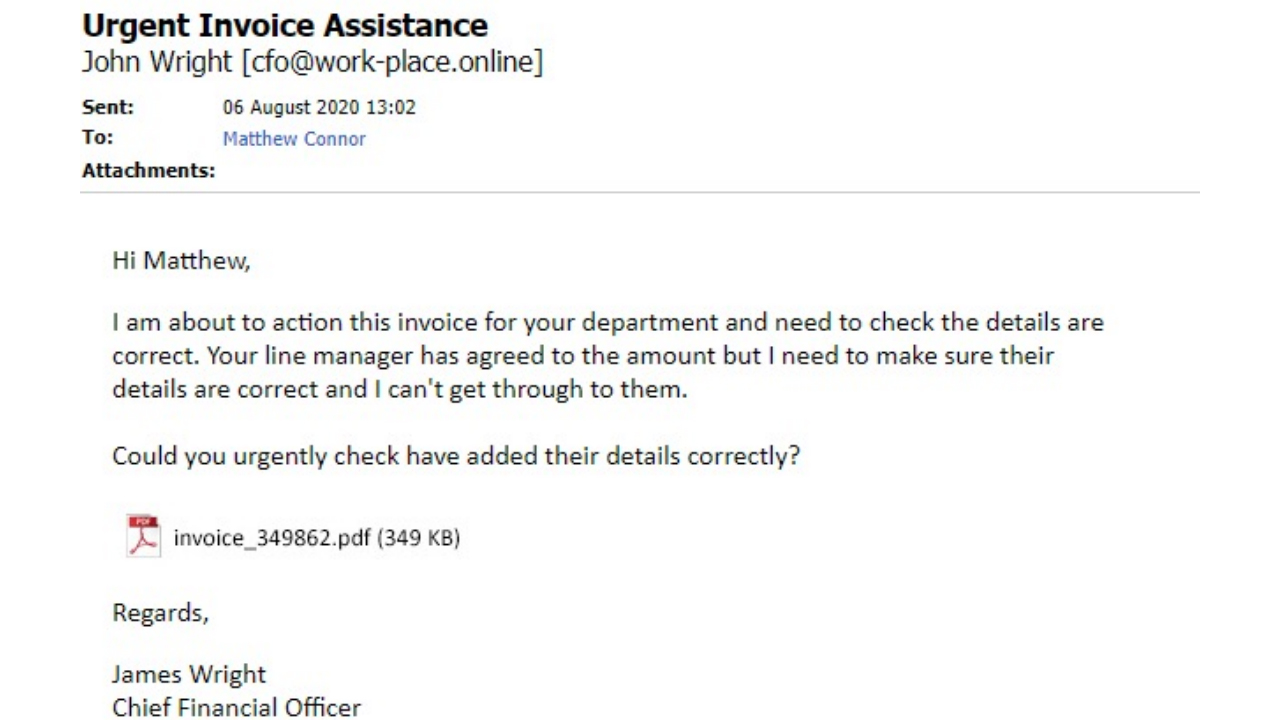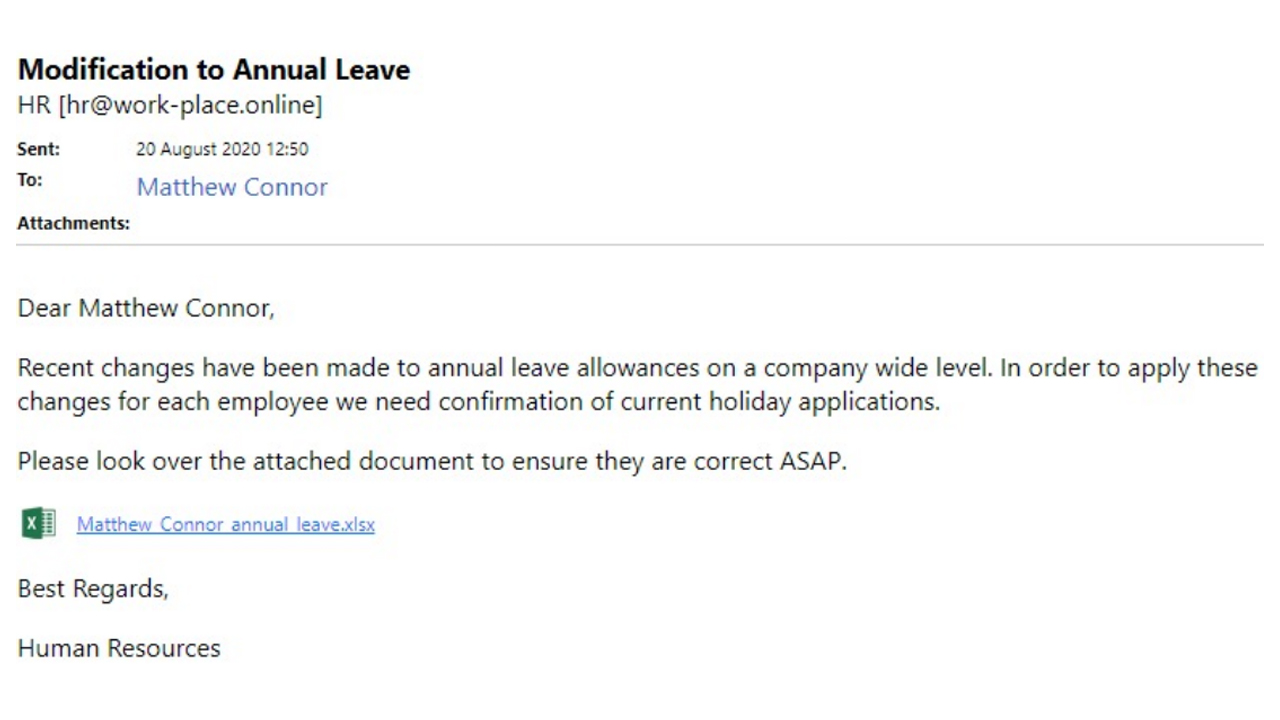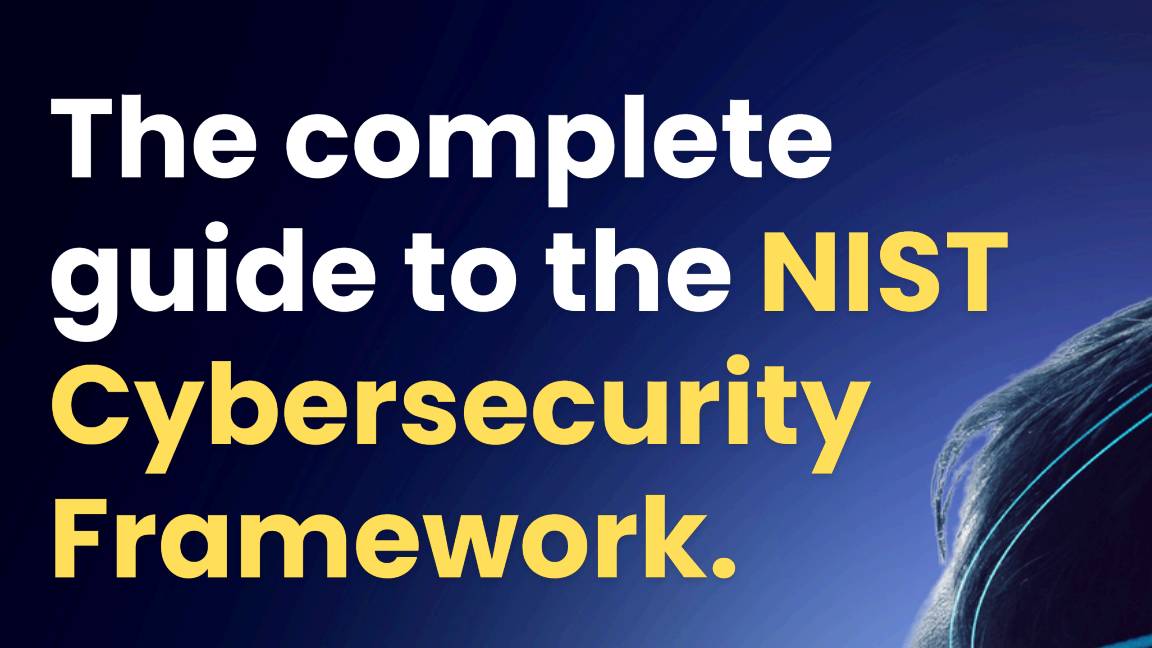Report: IT staff fail phishing tests more often than non-technical workers
Results show DevOps workers consistently rank among the most likely to fail a cyber security exercise


A new report of more than 80,000 professionals in different business sectors has revealed technical staff are just as, if not more likely, to fail an internal phishing exercise at work.
After issuing pseudo phishing emails to employees in businesses in the finance, retail, and manufacturing sectors, F-Secure revealed how the most technically competent workers were in some cases even among the worst respondents to phishing emails in terms of opening the email, failing to report the email as a phish, and clicking through on links within the email body.
RELATED RESOURCE

The top three IT pains of the new reality and how to solve them
Driving more resiliency with unified operations and service management
Analysis of the results from respondents in two business sectors, finance and retail, showed DevOps teams were consistently among the worst-scoring workers in a company. DevOps workers were the second-most susceptible group to open phishing emails in the finance industry (26% open rate) and the third-most susceptible (30% open rate) in the retail sector too.
Dedicated IT workers also fared poorly in comparison to their colleagues in terms of open rate too. In finance, IT workers were the fourth-most susceptible with an open rate of 24%, narrowly less than DevOps, and were also in the bottom 50 percentile in retail, with an open rate of 21%.
"The privileged access that technical personnel have to an organisation’s infrastructure can lead to them being actively targeted by adversaries, so advanced or even average susceptibility to phishing is a concern,” said Matthew Connor, service delivery manager at F-Secure.
"Post-study surveys found that these personnel were more aware of previous phishing attempts than others, so we know this is a real threat. The fact that they click as often or more often than others, even with their level of awareness, highlights a significant challenge in the fight against phishing.”

When it came to reporting suspicious emails, IT workers were just third-best out of nine departments in the finance industry with DevOps among the worst at sixth. These figures did not translate to retail, though, as IT staff scored as low as third-worst in the entire organisation with 14 departments, including DevOps, showing a higher reporting rate of suspicious emails.
Get the ITPro daily newsletter
Sign up today and you will receive a free copy of our Future Focus 2025 report - the leading guidance on AI, cybersecurity and other IT challenges as per 700+ senior executives
F-Secure noted that there was a distinct difference in the companies whose email providers offered a simple, easy-to-find 'report phish' button within the email client. those with access to such a button consistently scored better in reporting suspicious emails, suggesting organisations need to make the reporting process easier for employees.
"It’s all about making the reporting process as quick and easy as possible," said Chris Maley, head of delivery at F-Secure Phishd. "The quicker and easier it is for an end user to report a suspicious email, the more likely they are to actually do it."

The researchers used three random phishing email templates: one purporting to be from the company CFO, one from a fake file-sharing service, and a fake email from the human resources department. These were distributed randomly throughout the participants and there was no discernable difference in success or failure depending on the type of email received.

Connor Jones has been at the forefront of global cyber security news coverage for the past few years, breaking developments on major stories such as LockBit’s ransomware attack on Royal Mail International, and many others. He has also made sporadic appearances on the ITPro Podcast discussing topics from home desk setups all the way to hacking systems using prosthetic limbs. He has a master’s degree in Magazine Journalism from the University of Sheffield, and has previously written for the likes of Red Bull Esports and UNILAD tech during his career that started in 2015.
-
 Women show more team spirit when it comes to cybersecurity, yet they're still missing out on opportunities
Women show more team spirit when it comes to cybersecurity, yet they're still missing out on opportunitiesNews While they're more likely to believe that responsibility should be shared, women are less likely to get the necessary training
By Emma Woollacott
-
 OpenAI's new GPT-4.1 models miss the mark on coding tasks
OpenAI's new GPT-4.1 models miss the mark on coding tasksNews OpenAI says its GPT-4.1 model family offers sizable improvements for coding, but tests show competitors still outperform it in key areas.
By Ross Kelly
-
 "Thinly spread": Questions raised over UK government’s latest cyber funding scheme
"Thinly spread": Questions raised over UK government’s latest cyber funding schemeThe funding will go towards bolstering cyber skills, though some industry experts have questioned the size of the price tag
By George Fitzmaurice
-
 Modern enterprise cybersecurity
Modern enterprise cybersecuritywhitepaper Cultivating resilience with reduced detection and response times
By ITPro
-
 IDC InfoBrief: How CIOs can achieve the promised benefits of sustainability
IDC InfoBrief: How CIOs can achieve the promised benefits of sustainabilitywhitepaper CIOs are facing two conflicting strategic imperatives
By ITPro
-
 The complete guide to the NIST cybersecurity framework
The complete guide to the NIST cybersecurity frameworkWhitepaper Find out how the NIST Cybersecurity framework is evolving
By ITPro
-
 Are you prepared for the next attack? The state of application security in 2024
Are you prepared for the next attack? The state of application security in 2024Webinar Aligning to NIS2 cybersecurity risk-management obligations in the EU
By ITPro
-
 The economics of penetration testing for web application security
The economics of penetration testing for web application securitywhitepaper Get the most value from your security solution
By ITPro
-
 How to extend zero trust to your cloud workloads
How to extend zero trust to your cloud workloadsWhitepaper Implement zero trust-based security across your entire ecosystem
By ITPro
-
 Four requirements for a zero trust branch
Four requirements for a zero trust branchWhitepaper Effectively navigate the complex and ever-changing demands of security and network connectivity
By ITPro